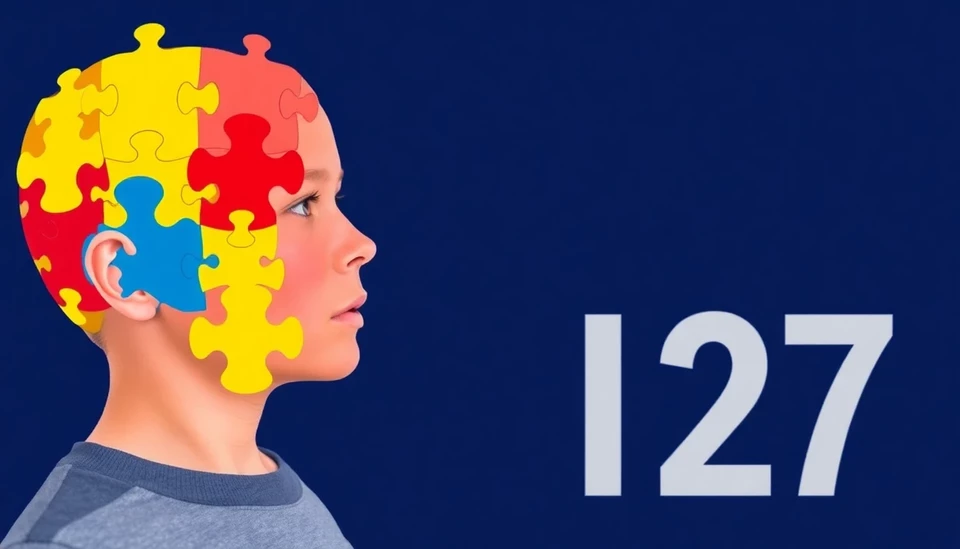
A recent comprehensive study has unveiled a startling statistic indicating that autism spectrum disorder affects approximately 1 in every 127 individuals. This significant prevalence underscores a growing public health concern, particularly in relation to the well-being of youth. The findings highlight the urgent need for tailored interventions and support systems aimed at this vulnerable demographic.
The research points to a crucial shift in the understanding of autism, identifying it not just as a developmental disorder but as a major health challenge that demands immediate attention from policymakers, educators, and healthcare providers. The report emphasizes that the increase in diagnosed cases may reflect a combination of heightened awareness and improved diagnostic practices rather than simply a rise in incidence.
Among the key findings, the study outlines the diverse range of symptoms and challenges faced by those on the spectrum, which can vary widely from person to person. These challenges often include difficulties with communication, social interactions, and behavioral patterns. As a result, individuals affected by autism may face significant obstacles in educational settings and other aspects of daily life.
The implications of such a high prevalence rate call into question the adequacy of current support systems in place for children and adolescents. Many families find themselves navigating a complex web of services that are often insufficient to meet needs, leading to increased anxiety and stress among caregivers and affected individuals alike.
This situation is exacerbated by a lack of awareness and understanding within many communities, which can result in stigma and isolation for those diagnosed. The study advocates for a stronger community response and the implementation of educational programs that foster inclusivity and acceptance, allowing individuals with autism to flourish and contribute meaningfully to society.
Moreover, the research suggests that enhancing access to mental health resources is essential to address the myriad challenges associated with autism. Early intervention strategies have shown promising results in improving outcomes for children with autism, yet many still face barriers to accessing such programs.
As the data continues to evolve, it is clear that addressing autism within the public health framework will require a collective effort across various sectors. Collaboration between government agencies, healthcare providers, and advocacy groups is necessary to develop comprehensive strategies that not only support those living with autism but also educate the public to create a more understanding and supportive environment.
In conclusion, the findings of this study serve as a clarion call to action, emphasizing the importance of recognizing and addressing autism as a significant health issue for youth. It is imperative that society takes proactive steps to ensure that individuals affected by autism receive the support they need to thrive, while also fostering an inclusive atmosphere that embraces diversity in all its forms.
#AutismAwareness #PublicHealth #YouthHealth #MentalHealthSupport #Inclusion #EarlyIntervention #HealthChallenges
Author: Samuel Brooks
